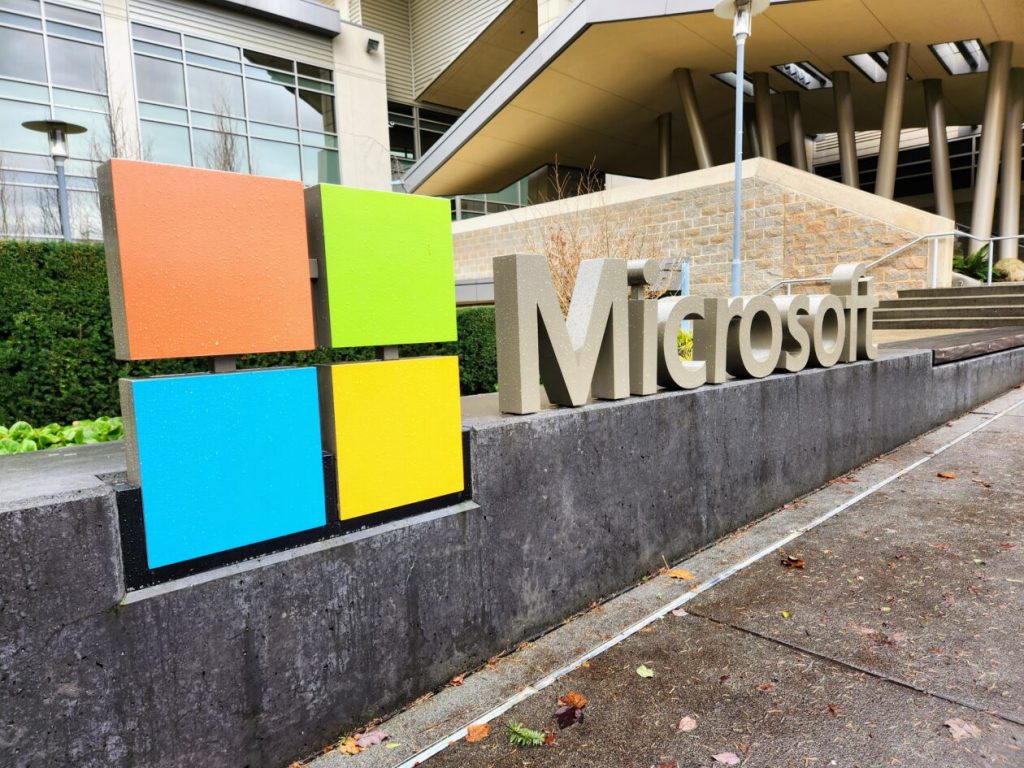Microsoft, on the cusp of its 50th anniversary in April 2025, is launching a significant philanthropic initiative in its home state of Washington. The company’s AI for Good Lab is spearheading the effort, offering $5 million in Microsoft Azure cloud computing credits through a new grant program titled the “AI for Good Open Call.” This initiative aims to bolster projects leveraging artificial intelligence for societal benefit, focusing on key areas like public health, education, sustainability, and humanitarian action. This generous contribution signifies a commitment to giving back to the region that has nurtured Microsoft’s growth since its relocation from Albuquerque in the late 1970s.
The AI for Good Open Call represents more than just financial support. While primarily targeting non-profits and academic institutions, the program also welcomes applications from startups and businesses whose projects demonstrate the potential for positive social impact. This inclusive approach underscores Microsoft’s belief in the power of collaboration and diverse perspectives to address complex societal challenges. Beyond the Azure credits, successful grantees will gain access to the expertise and resources of Microsoft’s AI for Good Lab, fostering a collaborative environment for innovation and impactful solutions. This mentorship aspect is crucial for empowering grantees to effectively utilize the cloud computing resources and maximize their project’s potential.
The program anticipates supporting approximately 20 projects, with the final distribution dependent on the number and scope of applications received. The application process, which includes submitting a detailed proposal outlining the project’s goals, methodology, and anticipated impact, is open until February 17th. Selected grantees will be notified by March 18th. A crucial eligibility requirement is a connection to Washington state, either through the grantee’s location or the project’s intended beneficiaries. This geographic focus highlights Microsoft’s dedication to investing in the local community and fostering innovation within the state.
Microsoft’s AI for Good Lab, operating under the umbrella of Microsoft Philanthropies, distinguishes itself from the company’s product-focused divisions. This separation allows the lab to prioritize societal impact and pursue projects that might not align with traditional commercial objectives. The lab’s previous “open calls,” focusing on specific areas like health and humanitarian action, have proven invaluable in identifying critical needs and fostering innovative solutions. These initiatives have not only addressed existing challenges but also broadened Microsoft’s understanding of emerging issues and fostered collaborations with external organizations.
The $5 million in Azure credits will provide grantees with substantial resources to train and deploy sophisticated AI models, perform complex computations, and manage large datasets. The credits can also be utilized for conventional cloud computing tasks, offering flexibility in how grantees leverage the resources. While prior access to relevant data is beneficial, it isn’t a mandatory requirement. More importantly, applicants should demonstrate the capacity to manage and execute their projects independently, leveraging the provided resources and the support from Microsoft experts.
This grant program forms part of Microsoft’s broader 50th-anniversary celebration, themed “One Future. One Sound.” This initiative signals a renewed commitment to community engagement and impactful philanthropy. In addition to the AI for Good Open Call, Microsoft has pledged $2.5 million through 50 individual grants of $50,000 each to organizations across the region. This multi-faceted approach reflects Microsoft’s deep-seated connection to the Pacific Northwest and its desire to contribute to the region’s continued growth and prosperity. The combined efforts of the AI for Good Open Call and the broader grant program exemplify Microsoft’s dedication to leveraging its resources and expertise for the betterment of society, both locally and globally. The company envisions fostering a future where technology empowers individuals and communities to address critical challenges and create a more equitable and sustainable world.


